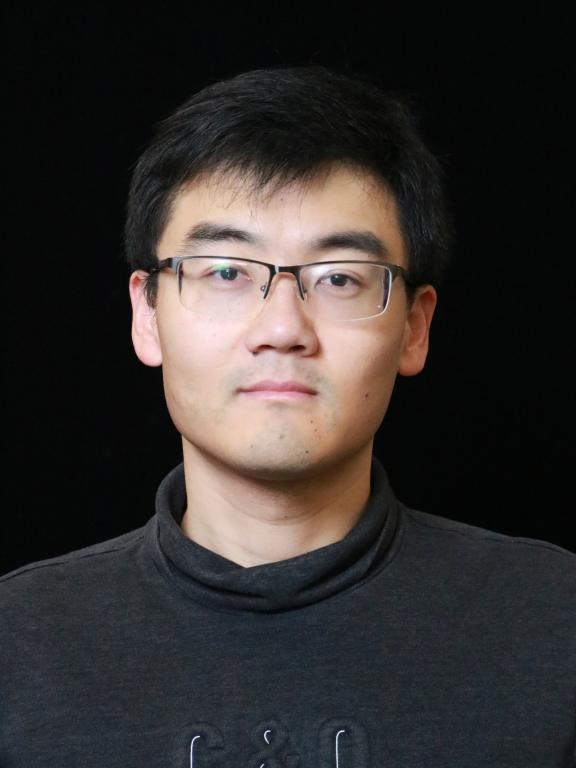In May 2025, three doctoral students in the Department of Computer Science received the Catacosinos Fellowship for Excellence in Computer Science. After a rigorous selection process, students Maryam Rostamipoor, Prerna Khanna, and Weimin Lyu were awarded the fellowships in recognition of their contributions to the field of computer science.
The Catacosinos family, founders of the fellowship, generously provide computer science students with this opportunity through an endowment, the Catacosinos Fellowship Fund, which began in 1978. Each of this year’s Fellows will receive $5,000 to support their educational and research-related pursuits.
Candidates are nominated by faculty members, and a committee reviews their application packages, which include their research statement and vision, publications, and CV.
Maryam Rostamipoor
Rostamipoor, who hails from Shiraz, Iran, focuses her research on software and systems security, particularly exploit mitigation technologies against data-oriented attacks for serverless platforms and Kubernetes clusters.
Her work has been published at top-tier venues like NDSS and EuroS&P 2025 (LeakLess and KubeKeeper, respectively). KubeKeeper addresses secret management in Kubernetes by mitigating risks from excessive permissions, directly improving the security of cloud-native applications. LeakLess defends serverless environments against memory leakage and transient execution attacks through selective in-memory encryption, offering practical protection for sensitive data in real deployments.
In addition to working with her advisor, Michalis Polychronakis, she spends her time mentoring junior students and has previously been selected for fellowships such as the NDSS Fellowship and CRA-WP Grad Cohort. In the future, Rostamipoor hopes to continue conducting applied security research in an industry lab or as a security engineer, developing practical solutions to emerging threats in modern computing platforms.
Prerna Khanna
Khanna, originally from New Delhi, India, is a PhD candidate whose research aims to improve the accessibility of mobile applications for individuals with disabilities. Working with her advisor Aruna Balasubramanian, Khanna develops real-time systems that combine sensing, AI techniques, and human-centric design principles to create alternate modes of accessible mobile interaction.
Her research project, AccessWear (MobiCom 2023), creates an alternate interaction technique using commercial smartwatches for blind users. This work demonstrates how wearable technology can make smartphone applications more accessible by allowing users to perform gestures that replace traditional touch interactions.
“The enthusiastic feedback from blind users during our studies has been especially rewarding - hearing how intuitive and empowering they found the watch-based gestures compared to traditional touchscreen interactions validated our human-centered approach,” said Khanna. “I'm excited to continue this trajectory as I prepare to join Meta for this summer, where I'll work on making audio technologies more accessible through wearable devices.”
Weimin Lyu

Lyu, a Chinese native, has published multiple first-author papers in top-tier conferences such as ICLR, ECCV, NAACL, EMNLP, and AMIA, covering topics including AI security and multimodal learning. Working with his advisor, Chao Chen, his research focuses on improving the safety of AI systems, particularly large language models (LLMs), vision-language models (VLMs), and clinical AI models.
Lyu has plenty of real-world experience under his belt and is on track to gain more. He completed a successful internship at Amazon, where he contributed to the development of seller foundation models for real-world business applications, with the resulting product scheduled for launch in Q2 2025. He will be joining Amazon soon as an Applied Scientist, where he will focus on leveraging LLMs and VLMs to enhance the shopping experience through intelligent, personalized agents.
Congratulations to Rostamipoor, Khanna, and Lyu, and a special thank you to the Catacosinos Fellowship Fund for making these awards possible over the last several decades.
